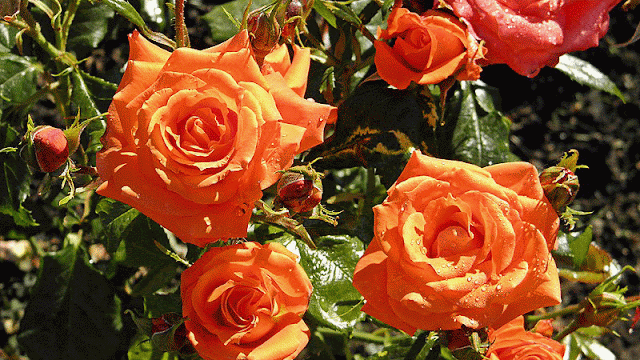How to Properly Fertilize Garden Plants?
Fertilizing your container garden plants is essential for ensuring their growth and health. Unlike plants in the ground, container plants rely solely on the nutrients provided to them by the gardener. In this article, we will provide you with ten essential tips on how to fertilize your container garden plants effectively.
Tips to Fertilize Your Container Garden Plants
Choose the Right Fertilizer
Before fertilizing your container garden plants, you need to choose the right fertilizer. There are many different types of fertilizers available, and each one has a specific purpose. Look for a fertilizer that contains the essential nutrients your plants need, such as nitrogen, phosphorus, and potassium.
Follow the Directions
Always read the instructions on the fertilizer package carefully before use. Different fertilizers have different application rates and methods, and applying too much fertilizer can damage your plants.
Fertilize at the Right Time
The best time to fertilize your container garden plants is during the growing season. Fertilize early in the morning or late in the afternoon to avoid damaging the plants during the heat of the day.
Use Slow-Release Fertilizers
Slow-release fertilizers are ideal for container garden plants because they release nutrients gradually over time, providing your plants with a steady supply of nutrients.
Use Organic Fertilizers
Organic fertilizers, such as compost or worm castings, are excellent choices for fertilizing your container garden plants. They provide a natural source of nutrients and improve the soil's overall health.
Use Liquid Fertilizers
Liquid fertilizers are easy to apply and are quickly absorbed by the plants. They are an excellent choice for container garden plants that need an immediate nutrient boost.
Don't Over-Fertilize
Over-fertilizing your container garden plants can do more harm than good. It can lead to burnt leaves, root damage, and even plant death. Follow the recommended application rates and avoid applying fertilizer too frequently.
Adjust Fertilizer Frequency
The frequency of fertilization depends on the type of plant, pot size, and environmental conditions. Some plants require more frequent fertilization than others, and larger pots may need less frequent fertilization.
Don't Forget Micronutrients
While nitrogen, phosphorus, and potassium are the primary nutrients plants need, they also require micronutrients, such as iron and zinc. Look for fertilizers that contain these micronutrients.
Monitor Your Plants' Growth
Regularly monitoring your plants' growth is essential for determining if they are getting the right amount of nutrients. If your plants are not growing as expected, it may be time to adjust your fertilization practices.
In conclusion, fertilizing your container garden plants is crucial for their growth and health. Choose the right fertilizer, follow the directions, fertilize at the right time, and avoid over-fertilizing. Use slow-release or organic fertilizers, adjust your fertilizer frequency, and don't forget about micronutrients. By following these ten essential tips, you can help ensure that your container garden plants are thriving and healthy.



